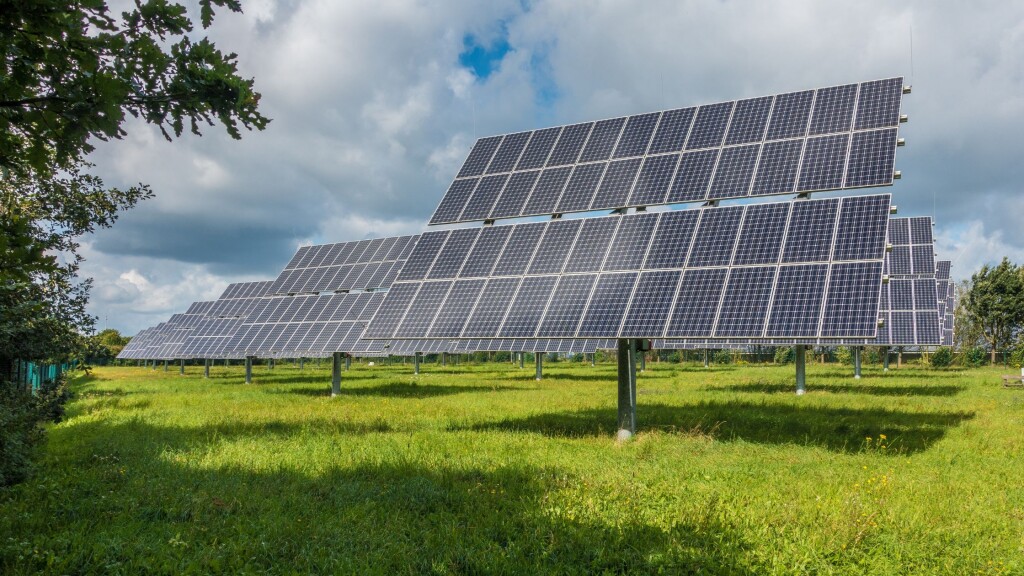
The world’s energy shortage crisis immensely affects the fluctuation of prices of natural gas and fuel, as well as the global economy. Many leading countries have encouraged and promoted the development and use of clean and renewable energy for sustainability.
Thailand is well aware of the global trend and the rise in the country’s energy cost, so the Thai government, in collaboration with the relevant public authorities has set out one of the country’s goals to be a low-carbon economy with net-zero carbon emissions.
As a result, the Energy Regulatory Commission of Thailand (ERC) has published the Regulation re: Procurement of Electricity from Renewable Energy under Feed-in Tariff (FiT) for the year 2022 – 2030, effective on 28 September 2022 (the “Regulation”), and the Announcements of the Invitation to Purchase the Renewable Energy under the FiT for all promoted renewables, i.e., Biogas (wastewater/ solid waste), wind, ground-mounted solar, and ground-mounted solar with battery energy storage system (BESS), effective on 1 October 2022 (the “Announcements”).
The key elements of the Regulation to promote the procurement of renewable energy are as follows:
| Renewable Energy | Power Producer | Power Purchase Agreement Form | Proposed Electricity to be sold | FiT rate
(THB per Unit) |
| Biogas (wastewater/ solid waste)
Remark: fossil fuel is not allowed, except only at the commencement stage of the power plant operation. |
· Small Power Producer (SPP)*
· Very Small Power Producer (VSPP)** |
Non-Firm | Not exceeding 90 MW | THB 2.0724***
(for 20 years) |
| Wind | THB 3.1014***
(for 25 years) |
|||
| Ground-mounted Solar | THB 2.1679***
(for 25 years) |
|||
| Ground-mounted Solar with BESS | · Small Power Producer (SPP)* | Partial Firm | More than 10 MW but not exceeding 90 MW | THB 2.8331***
(for 25 years) |
| * The producer who proposes to sell electricity in an amount of more than 10 MW but not exceeding 90 MW
** The producer who proposes to sell electricity in an amount not exceeding 10 MW |
Remark: For projects located in Pattani, Yala, Narathiwat, and some districts in Song Kla provinces, the producer will be entitled to a premium of THB 0.50 per unit during the project period. | |||
The energy generated from the above-mentioned renewable sources will be purchased by (i) the Electricity Generating Authority of Thailand (EGAT), (ii) the Provincial Electricity Authority (PEA), or (iii) the Metropolitan Electricity Authority (MEA).
In addition, the Regulation also set out the target energy procurement quotas and the Scheduled Commercial Operation Date (SCOD) below:
| Renewable Energy | Proposed electricity to be sold (MW) per year of SCOD | |||||||
| 2024 | 2025 | 2026 | 2027 | 2028 | 2029 | 2030 | Total | |
| Biogas (wastewater/ solid waste) | – | – | 75 | 75 | 75 | 70 | 40 | 335 |
| Wind | – | 250 | 250 | 250 | 250 | 250 | 250 | 1,500 |
| Ground-mounted Solar | 190 | 290 | 258 | 440 | 490 | 310 | 390 | 2,368 |
| Ground-mounted Solar with BESS | 100 | 100 | 100 | 100 | 200 | 200 | 200 | 1,000 |
Are You A Qualified Power Producer?
If you are interested in submitting your proposal to the ERC, you should take the following key qualifications of power producers under the Regulations into consideration:
- A power producer must be a juristic person incorporated and registered in Thailand and under Thai law and must not be a governmental authority, state enterprise, public organization, or an entity in the public sector.
- If a power producer is a limited company, the foreign ultimate shareholders must not hold in excess of 49% of the total shares, and the number of foreign shareholders must not exceed one half of all of the shareholders.
- A power producer must maintain a shareholding ratio of the original shareholders, as per the proposal for sale of the electricity, to be not less than 50% of all the shares for three years after the Commercial Operation Date (COD), unless it is a public limited company listed in the Stock Exchange of Thailand.
- At least half of the directors and all of the authorized directors of a power producer must be Thai nationals.
- A power producer’s objectives must include the production and distribution of electricity.
- The minimum registered capital must not be less than THB 2,000 per kW of the amount of electricity proposed to be sold.
- A power producer must check its electricity connection point and have proof that its electricity system is capable of production of the amount of electricity proposed to be sold.
- The project must be newly invested, and there must not be a previous power purchase agreement entered into with the competent authority.
- A power producer will be require to place a proposal bond in the amount of THB 1,000 per kW of the amount of electricity proposed to be sold.
- A power producer will not be allowed to change the type of the renewable energy, the location of the project, or the amount of electricity proposed to be sold.
- A power producer must show its technical qualifications in the following areas:
- Location of the Project and related permits
- Technology of the project
- The fuel and renewable energy planed
- Financial support
- The appropriateness of the project operation plan.
Remark: The items nos. 1-2 will not be applicable to a power producer who benefits from GATS (Specific Commitment) (Mode 3), as well as the item no. 4 will not be applicable to a power producer who benefits from GATS (Specific Commitment) (Mode 4).
Be Aware Of The Timeframe
According to the Announcements, it is significant to note the key actions and timeframe of the purchase of electricity below:
| Actions | Timeframe |
| 1. The relevant announcements (e.g., details, procedures, place and condition for power purchase) are officially published | By 14 October 2022 |
| 2. Checking of connecting point for electricity system | 3 – 28 October 2022 |
| 3. Bidding and submission of proposal for sale of electricity via RE Proposal system for execution and submission to the competent authority | 4 – 25 November 2022 (RE Proposal System)
Remark: The proposal must be submitted to the authority within three (3) business days after it is confirmed via the RE Proposal System, but no later than 25 November 2022 |
| 4. Announcements of the qualified power producer | By 15 March 2023 |
| 5. Notification to the qualified power producer to agree and accept the terms and conditions of the power purchase agreement for further execution | By 29 March 2023 |
| 6. The power producer executes the power purchase agreement according to the selected SCOD | Within 180 days (if SCOD is during 2024-2025), or within two years (if SCOD is during 2026-2030), from the date in item no. 5 |
| Remark: this timeframe is subject to change pursuant to the authority’s discretion and future facts. The amended timeframe will be announced in the official website at www.erc.or.th |
We hope this information is helpful. For more in-depth details, please contact our Projects and Energy Practice team at Kudun and Partners.










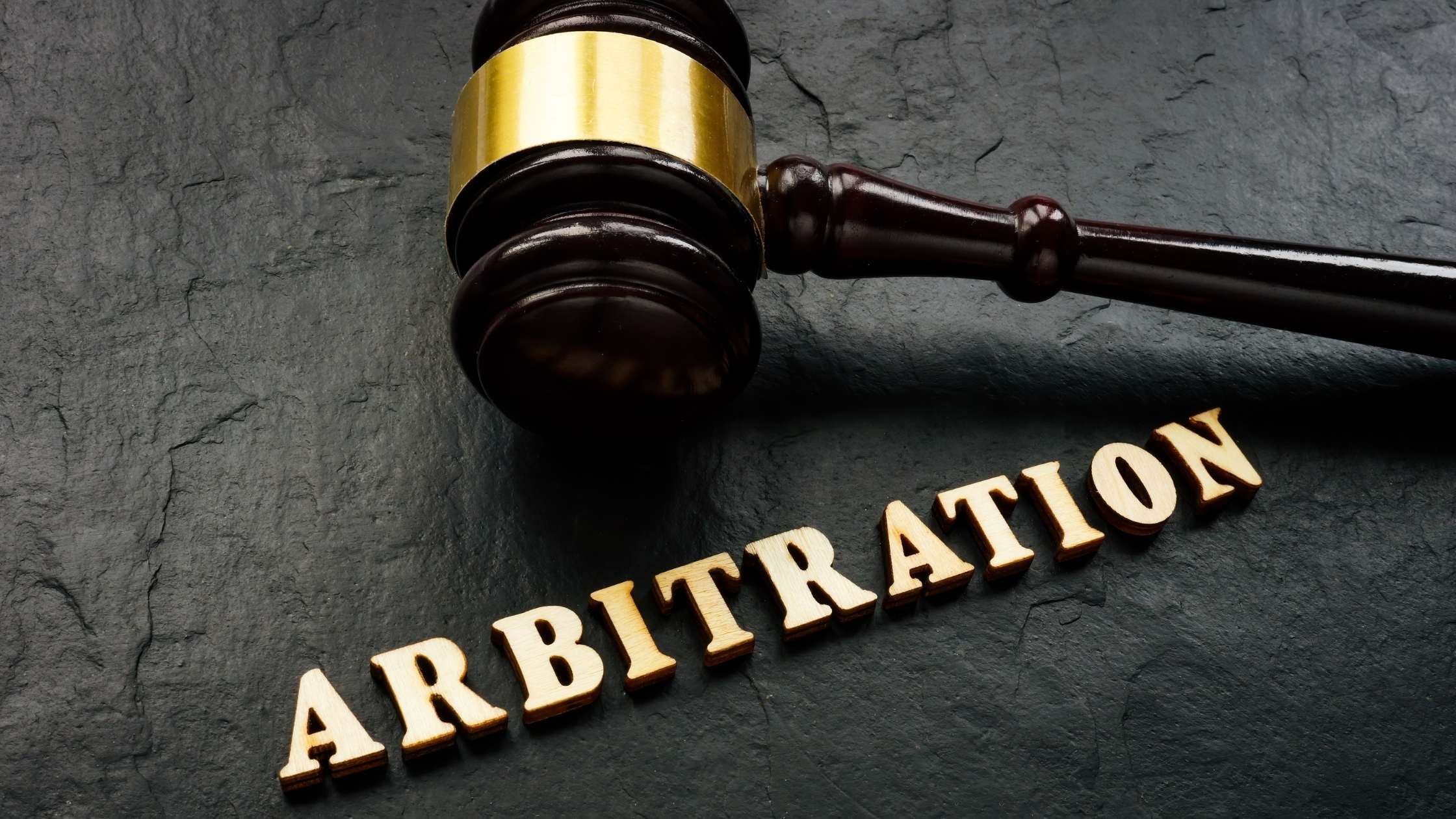
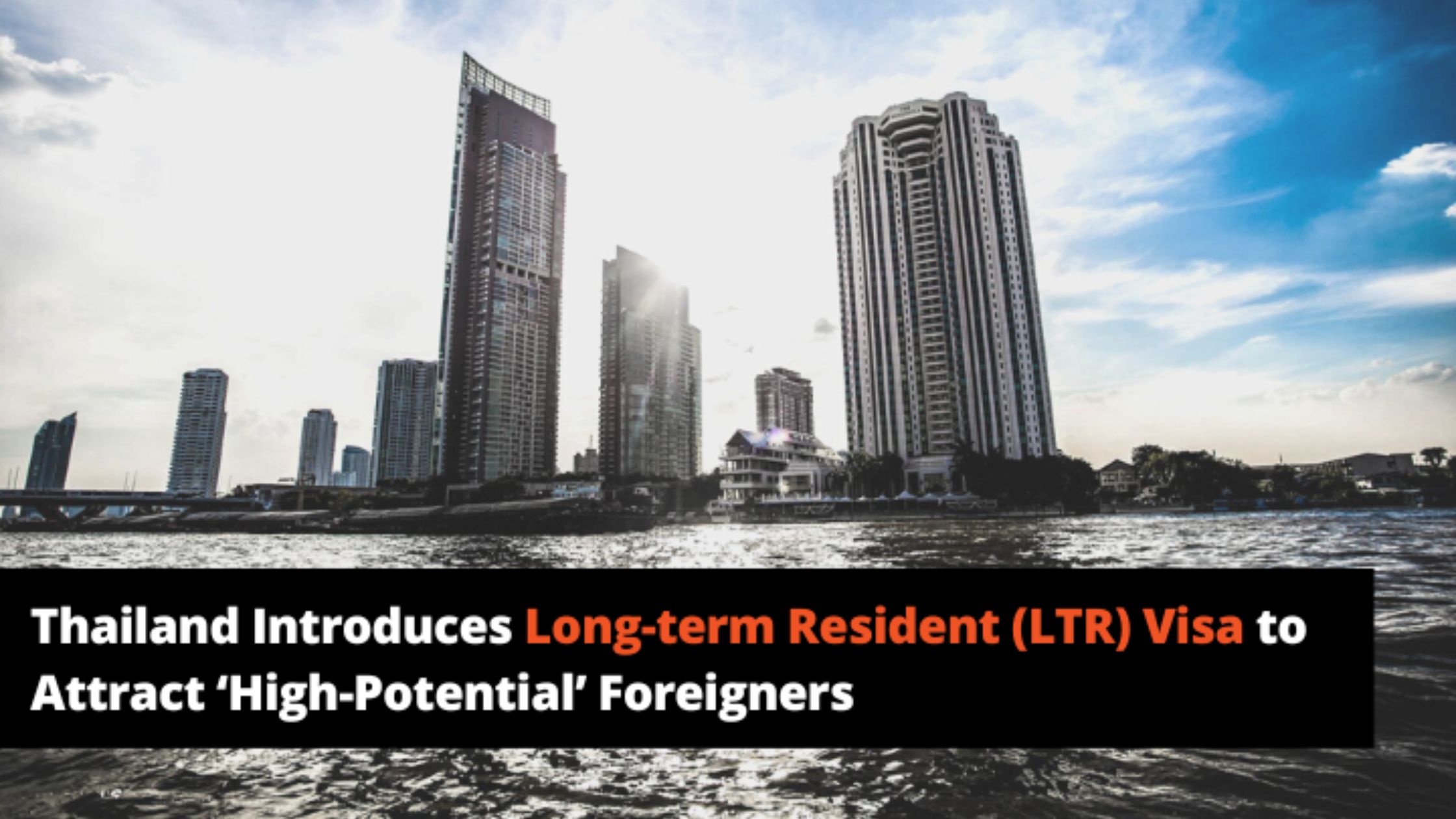
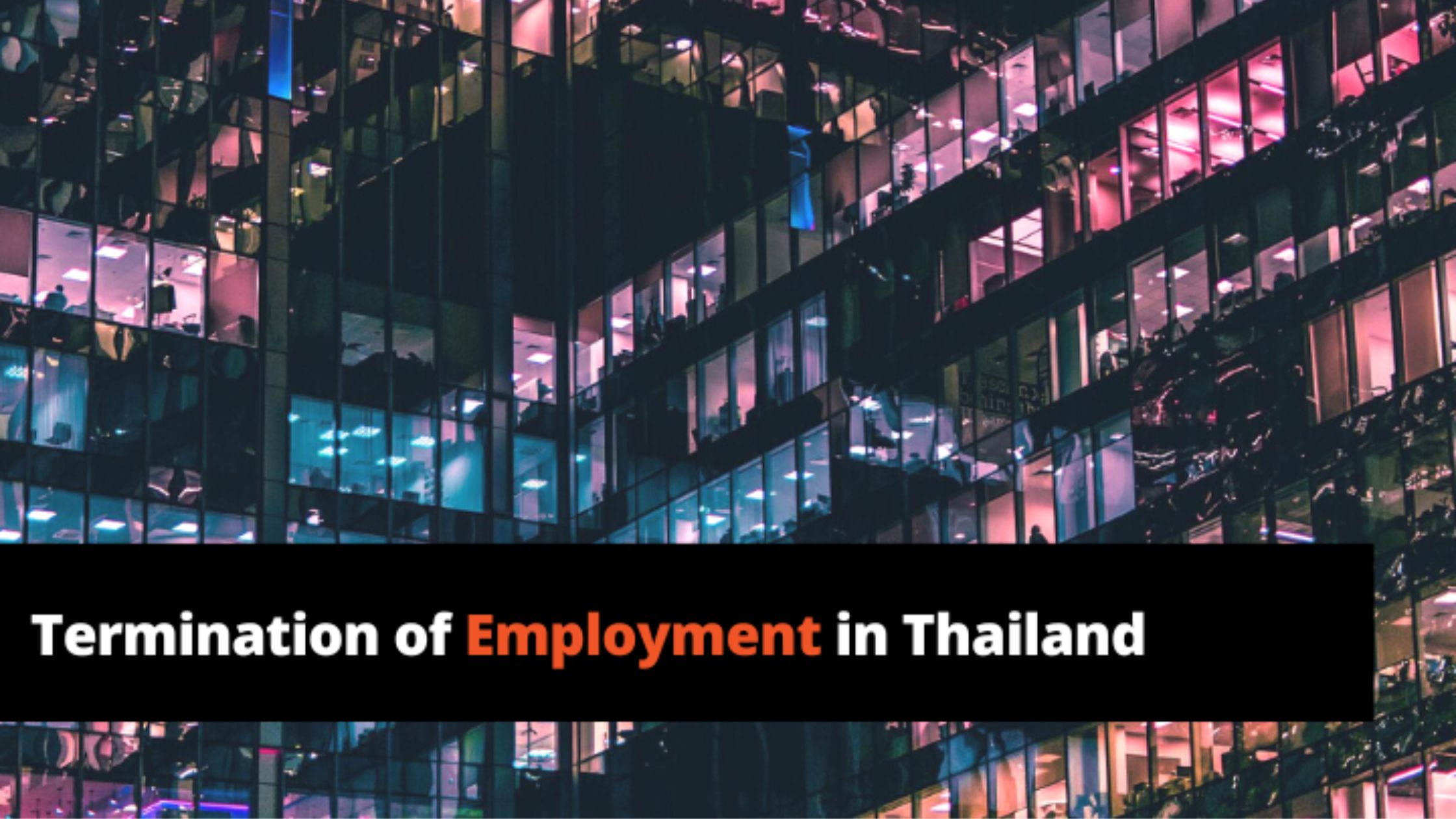
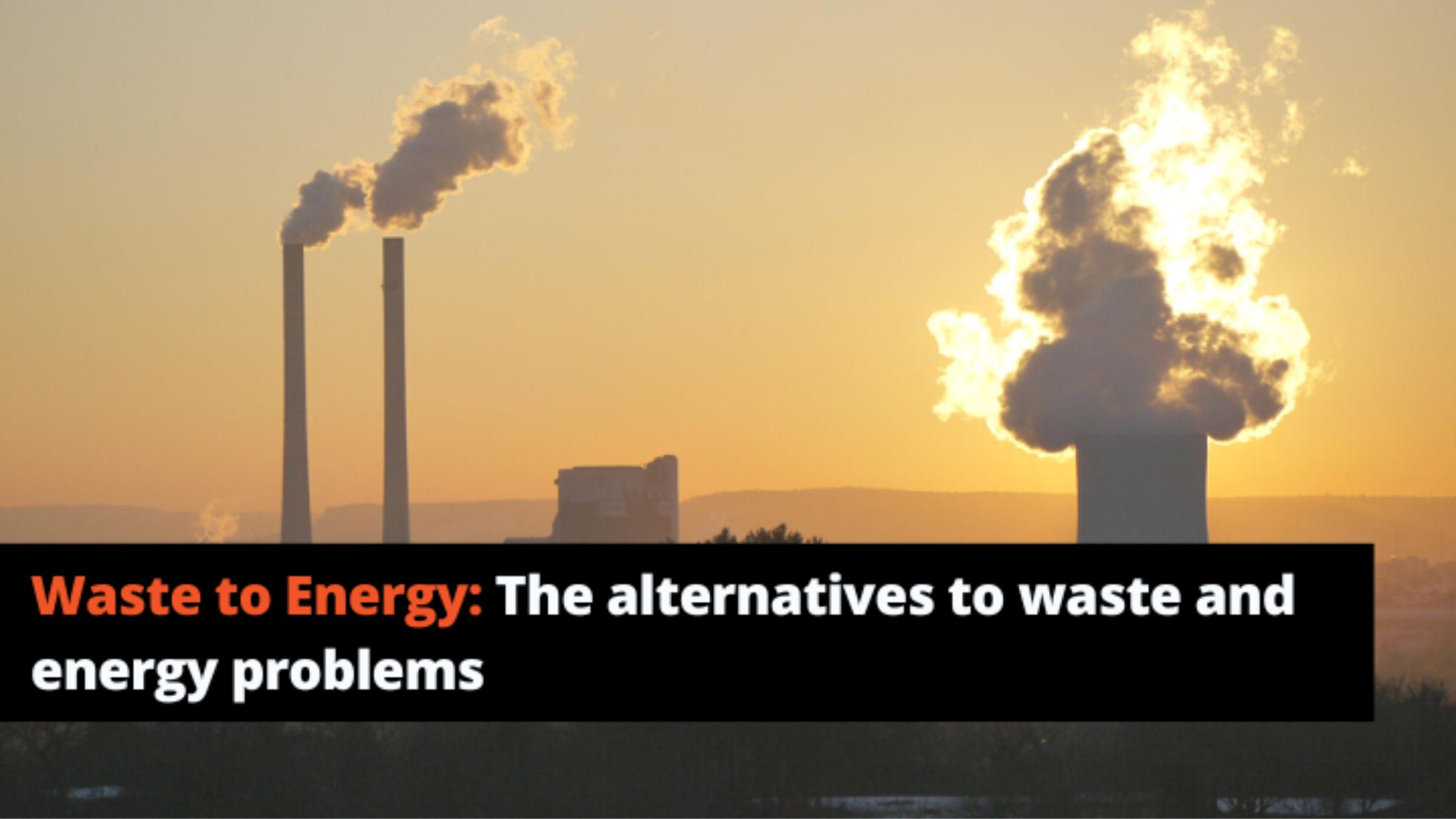



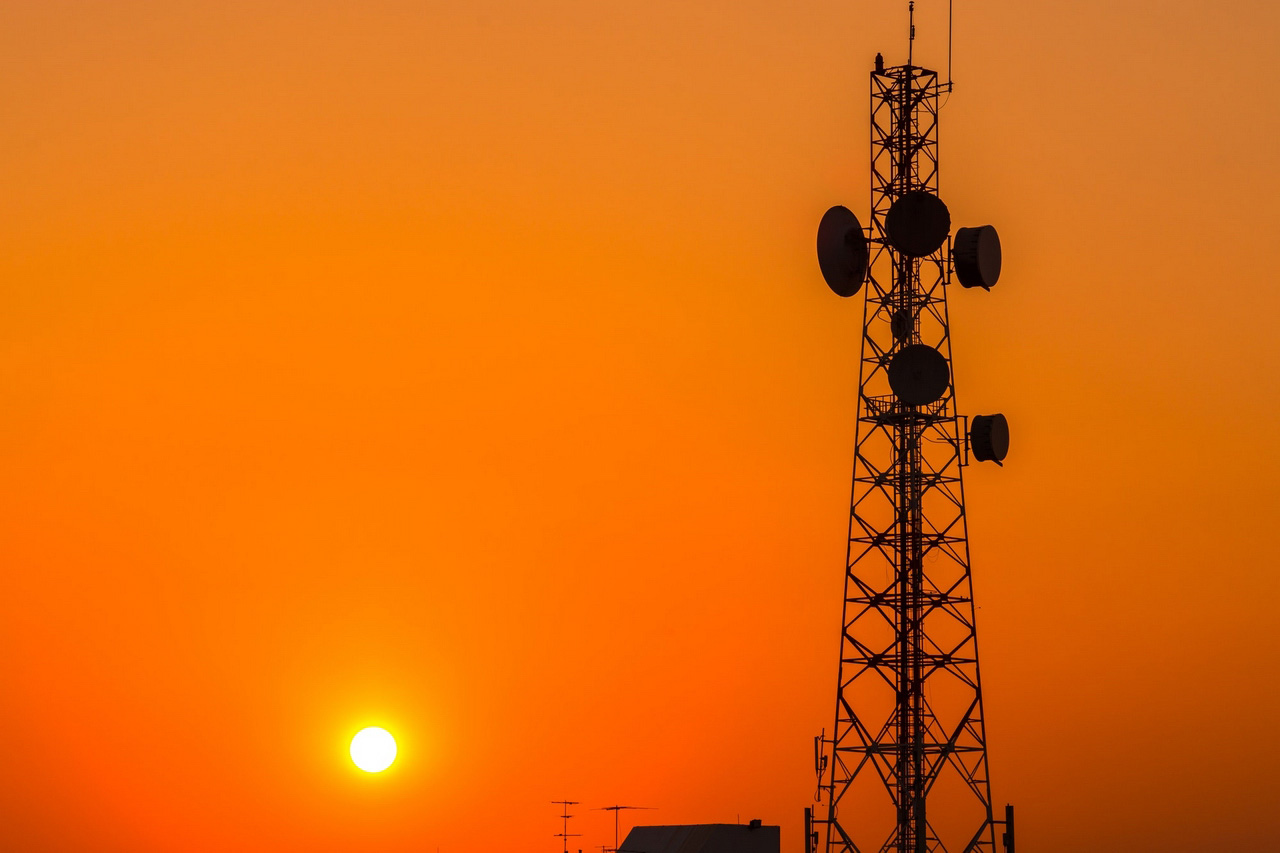


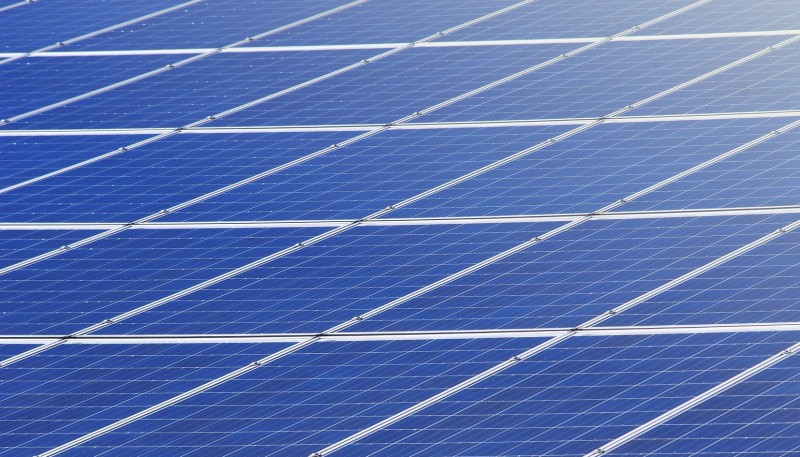
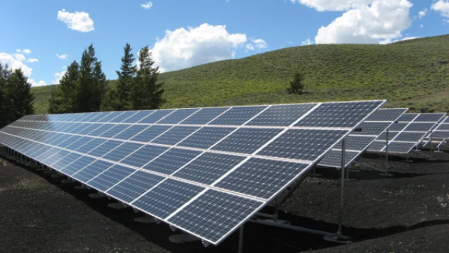











 Kudun and Partners Limited
Kudun and Partners Limited Kudun Sukhumananda
Kudun Sukhumananda Troy Schooneman
Troy Schooneman





